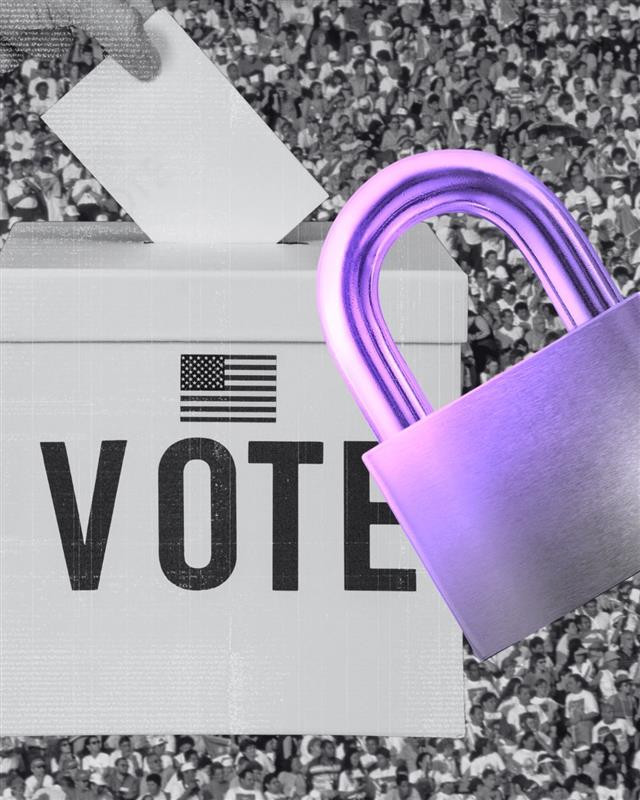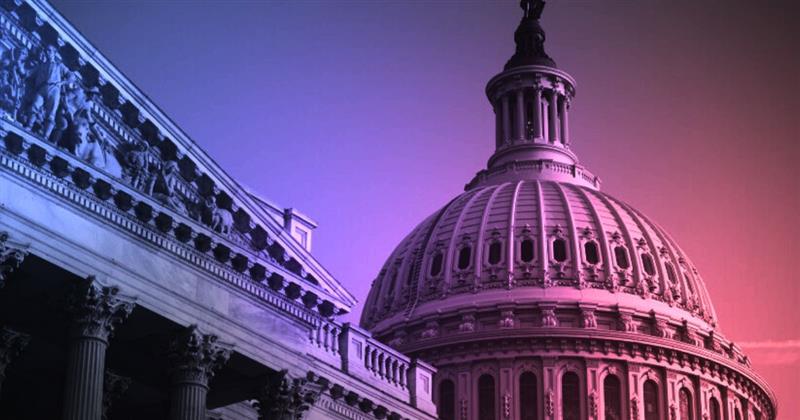America’s generational shifts are helping dismantle the long-standing spoiler myth.
Who are independent voters? They’re not just political outsiders—they’re the future of American democracy. According to new polling from the Independent Center, younger voters are leading a generational shift in how we think about political reform, redistricting, and the role of independent candidates.
This shift is more than ideological—it’s a reimagining of the modernized American Dream, one that values choice, collaboration, and optimism over rigid partisanship.
The Spoiler Myth Is Dying
For decades, independent candidates have been dismissed as “spoilers.” But younger voters are rejecting that narrative:
- Only 8% of Gen Z view independents as spoilers.
- 42% of Gen Z see independent candidates as offering a “new perspective.”
- 32% of Millennials describe independents as a “fresh start” from partisan gridlock.
In contrast, 27% of the Silent Generation still view independents as spoilers, revealing a stark generational divide in political perception.
Split-Ticket Voting and Conceptual Openness
Younger voters aren’t just thinking differently—they’re voting differently. Split-ticket voting is gaining traction among Gen Z and Millennials, who are more likely to choose candidates based on values and effectiveness rather than party loyalty.
While 61% of Gen Z say they would vote for a qualified independent candidate who shares their views, this is paradoxically the lowest rate among all generations. This “action gap” suggests that while younger voters are conceptually open to political disruption, they may be less likely to follow through at the ballot box.
Redistricting Reform: A Surprising Split
The poll also reveals unexpected generational differences in attitudes toward redistricting:
- 74% of the Silent Generation support independent redistricting commissions.
- Only 48% of Gen Z support these commissions.
- 29% of Gen Z believe political parties should be allowed to draw district lines—nearly five times the rate of older voters.
Despite this, younger voters are more aware of how gerrymandering affects independent candidates. Nearly half of Gen Z (48%) and Millennials (43%) correctly identify that partisan redistricting makes it harder for independents to win.
Optimism and the Modernized American Dream
Younger voters may be skeptical of traditional systems, but they’re not cynical. Their openness to independent candidates and reform reflects a deeper optimism—a belief that politics can be better, more inclusive, and more representative.
This optimism is central to the modernized American Dream: a vision of democracy where voters are heard, candidates are chosen for their ideas—not their party—and government works for everyone.
What Reformers Must Understand
The data makes one thing clear: independent voters—especially younger ones—are reshaping the political landscape. But reformers must recognize the nuances:
- Younger voters want change, but may not yet be fully mobilized.
- Traditional reform messaging may not resonate with Gen Z’s more pragmatic, digitally native worldview.
- Electoral reform must be framed not just as good governance, but as a pathway to real choice, real representation, and real optimism.
Conclusion
The spoiler myth is fading. The appetite for reform is growing. And younger voters have modernized the American Dream—now it’s time for our political institutions to catch up.


.jpeg)


.jpg)